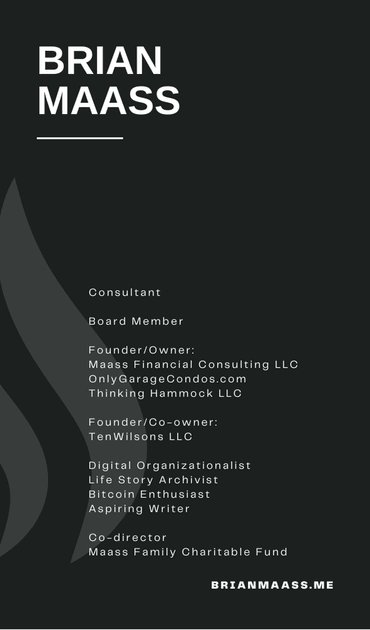
brian maass
Real Estate Is Best for Living In—Not Investing
Why Berkshire Hathaway Has Quietly Outperformed Homes Everywhere
When most people think of “building wealth,” real estate usually sits near the top of the list. The reasoning feels intuitive: houses appreciate over time, you build equity as you pay down the mortgage, and home values often rise dramatically in dollar terms. It’s comforting to look at Zillow and see your home “worth” more than when you bought it. But here’s the catch: measuring in U.S. dollars is a deceptive yardstick. Dollars themselves depreciate over time, and what looks like growth can be an illusion. The real test is whether your asset outpaces the very best alternatives—investments that compound wealth at exceptional rates. By that standard, real estate has been one of the weakest performers.
Berkshire Hathaway vs. Real Estate
Take Berkshire Hathaway (BRK.A) as a proxy for elite long-term investment. For decades, Berkshire’s compounded annual return has dwarfed the average U.S. home’s appreciation. Even in recent years, when housing prices surged in nominal terms, they still lag far behind Berkshire stock. Homes have “appreciated” in USD largely because the dollar is being debased. The average house that might be “worth” $500,000 today is really just reflecting inflation. Measured in BRK.A shares, homes are actually depreciating. A home that cost 1 share of Berkshire in 1990 now costs only a fraction of a share. The house didn’t outperform—it underperformed massively.
Consumption vs. Investment
This is why real estate should be viewed as personal consumption, not a financial investment. A home is a lifestyle choice. It provides shelter, comfort, schools, community, and memories. Those are valuable, but they aren’t compounding financial returns. Maintenance and taxes eat away at returns. Unlike stocks, homes require ongoing cash outflows for upkeep, insurance, and property taxes. Liquidity is limited. You can’t sell a bathroom to pay for retirement; you need to sell or borrow against the entire house. Meanwhile, businesses like Berkshire Hathaway reinvest profits year after year, compounding wealth at rates housing simply cannot touch.
The Illusion of Rising Home Values
Looking at your home price chart in dollars feels good—but it’s a false sense of wealth. When benchmarked against assets like Berkshire Hathaway, or even the S&P 500, your home’s “appreciation” looks like depreciation. Owning real estate is still valuable—but its value is consumption, not investment. It’s about living well, not beating the market. If you want long-term wealth creation, look to compounding businesses, not drywall and shingles.
© 2026
